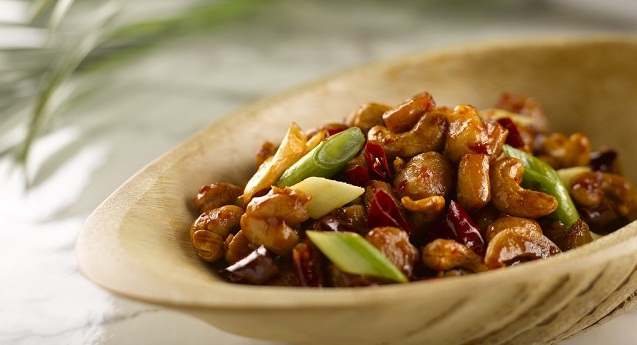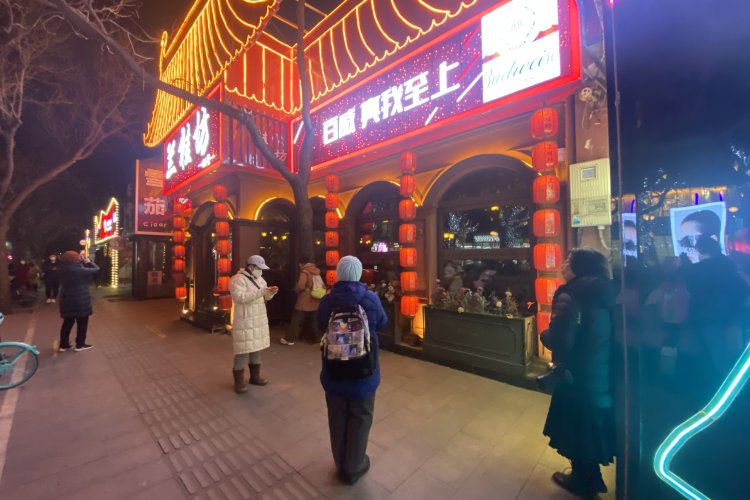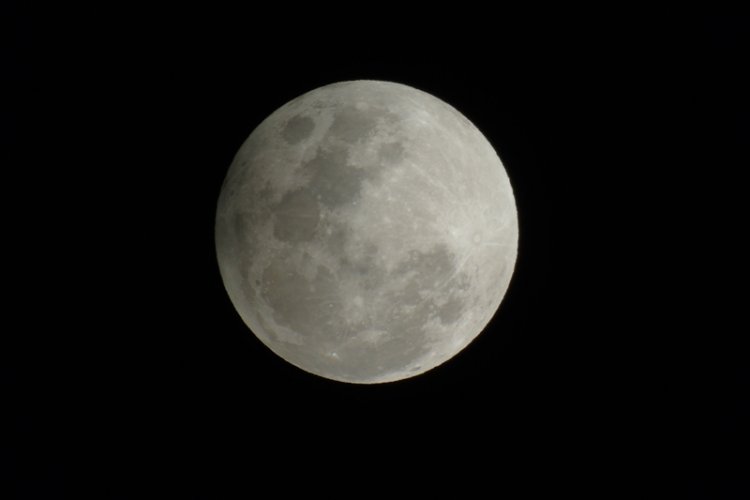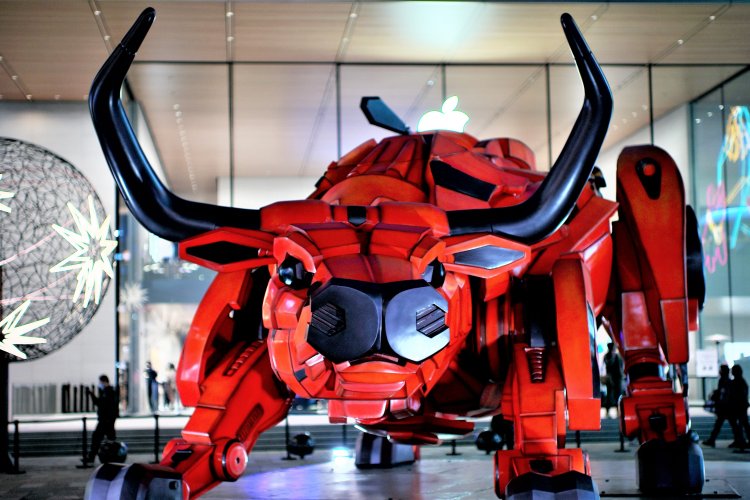Quit Your Bellyaching: Dr. Eddie Cheung on how to avoid Traveler’s Stomach this October Holiday

This post is sponsored by Sanfine International Hospital, offering state-of-the-art care and world-class service in the heart of Sanlitun.
Traveling around China for the October Holiday can be fun and exciting, but it is also a crowded, chaotic and often-times messy affair – especially when it comes to food: if you aren’t careful, that savory looking chuan’r you scarf down in Xi’an or that sumptuous shellfish feast you polish off in Qingdao may come back to haunt you, turning your “Golden Week” into a hellish trip to the ER.
Dr. Eddie Cheung knows these horror stories all-too well. For over 40 years the head of Sanfine International Hospital’s Gastroenterology Department has treated countless patients suffering from digestive ailments in the US and now Beijing.
Name a digestive disorder – anything from gastro-esophageal reflux, peptic ulcer disease and eating disorders, to gastrointestinal cancers, fatty liver disease, viral hepatitis and more – and Dr. Cheung can most definitely treat it. As a student he was mentored by Barry Blumberg, the Nobel Prize-winning doctor who not only discovered Hepatitis B, but also developed the tests and vaccines to treat the virus.
A graduate of Taipei Medical University (Class of 1974), Dr. Cheung is an internationally respected Clinical Professor of Internal Medicine, Gastroenterology and Hepatology at the University of California at Davis. He has taught and conducted research and teaching in Gastroenterology, Hepatology and Clinical Nutrition, and is especially renowned for developing and implementing “highly effective, low-risk all-oral treatments for HCV and other chronic gastrointestinal and liver diseases.”
“I was fascinated by the digestive system, especially the liver because it’s not only the biggest organ in our body but also controls so many key functions,” Dr. Cheung recalls. “I was very fortunate to study under Dr. Blumberg. I never dreamt of having an opportunity like that. He was as fascinating as you could imagine and helped me find my calling.”
Dr. Cheung says that the most important thing he learned from his mentor was to "never stop looking for answers." "Dr. Blumberg was so tenacious. He was always in search of more solutions, breakthroughs, and strategies.”
Today, Dr. Cheung applies this principle to his patients - from the ones suffering from the most serious of diseases on down to the everyday bellyaches we have all had to deal with living, traveling and eating around China. Below Dr. Cheung gives his advice on what to be wary of when eating your way around China:
Sichuan Spice: Can You Handle the Heat?
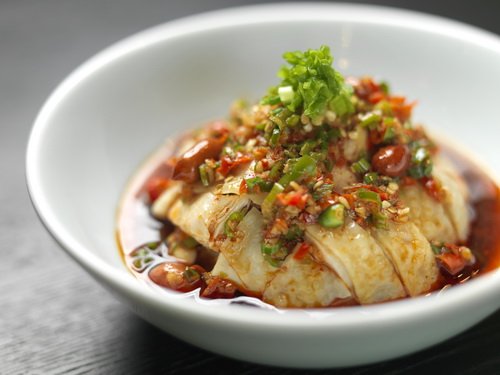
Dr. Cheung explains that the famously spicy and numbing peppers and peppercorns you find in Sichuan cooking can numb your tongue and burn your stomach. "If you dive right into eating them, your body might not be able to handle it.” Over the years working in China, he has had to treat a number of patients who experienced nausea, vomiting, swelling, severe pain and diarrhea from unwittingly ingesting too much spices, “some even to the point of developing bleeding from the severe recurring retching and nausea, because they weren’t used to this food.”
Such cases may be extreme, but Dr. Cheung says that these super spicy dishes can give even the most intrepid and experienced travelers various stomach discomfort. “I was in Sichuan with a group of US doctors one time, and one of our colleague’s entire face became swollen from the numbing spices. Another person in our party got violent diarrhea and abdominal cramping. If your body cannot tolerate and is sensitive to such spices, then that’s when you get into trouble.”
Dr. Cheung says listening to your body, exercising caution and taking things easy slowly are the best ways to avoid digestive issues, explaining that travelers should sample such cuisine gradually and in modest portions, to allow their systems time to adjust.
Allergy Sufferers: Don’t Play Chicken with the Sea
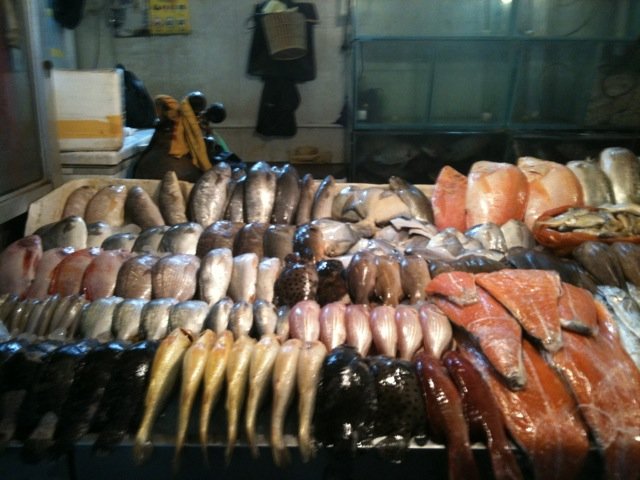
I see, you see, we all see seafood … everywhere in China’s coastal cities. Most of it looks pretty darn tempting when grilled up or stir-fried fresh from the ocean, but do you really know what and how much your body can handle?
“Eating seafood in China can be, at times, problematic,” says Dr. Cheung, who explains that anyone with seafood allergies should be especially careful when eating in seaside cities like Qingdao, Xiamen or Sanya. “Sometimes you’ll check the menu but not know exactly what’s on there." He continues, “It’s always a good idea to bring along a Chinese friend to make sure there’s not something in the dish, like shellfish, that could cause allergic reactions.”
Dr. Cheung also suggests that all travelers bring along antihistamines, like Benadryl, before indulging in seafood feasts, just in case.
Beware of “Greased Lightning” when you chomp on that Chuan’r
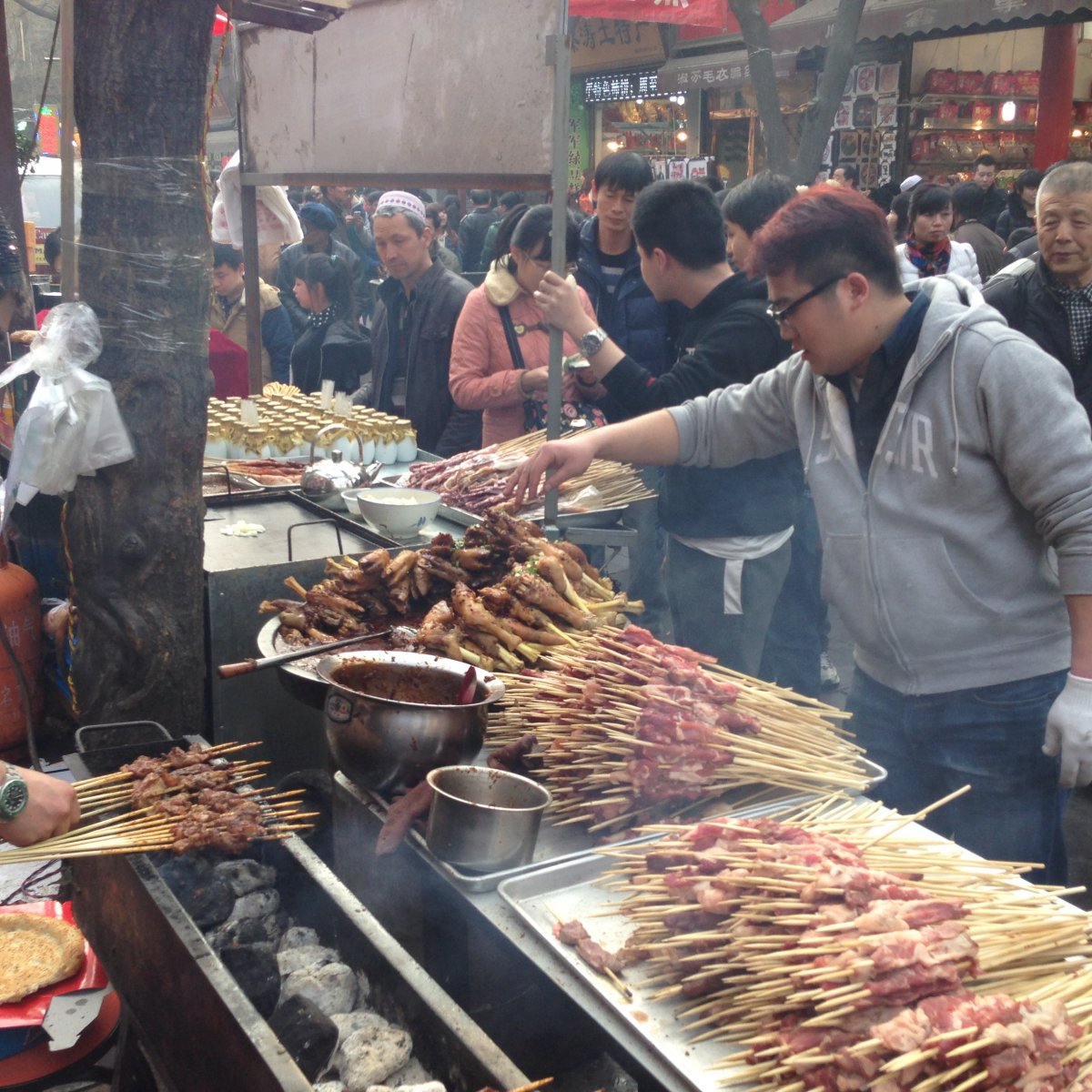
If you’re a carnivore, the primal sensation of chomping on a savory skewer of sizzling meat is one of the most quintessential of China food experiences. But, as with the ma la dishes found in Sichuan, Dr. Cheung warns that these kebabs can have a fiery kick that might leave unaccustomed foodies winded and incapacitated. "Sometimes chuan’r are covered in strong spices and the meats are not cooked properly,” he says. “If you’re not used to this kind of spices, or if the meat is not prepared in a proper and sanitary way, then you can get into trouble.” Dr. Cheung suggests trying an initial bite or two, “and if your body tells you ‘Hey, go ahead,’ then gradually ease into it. Try a bit more the next day, and then a have a bigger portion the day after that if all goes well.”
Watch out for the Sweet and Sour
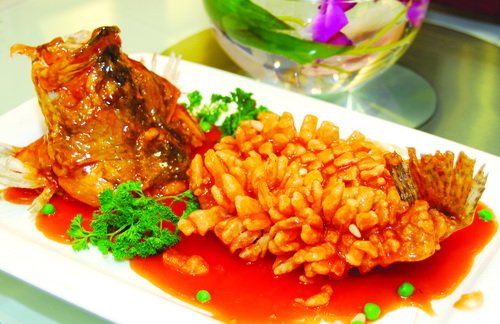
Dr. Cheung says acid reflux is a common problem for many travelers who sample unfamiliar food. But what you may not realize is that spicy and greasy dishes are not the only culprits when it comes to heart burn. “If you suffer from severe acid reflux, then you should also stay away from too much sweet or spicy food,” he says, adding that this can be especially prudent advice in regions like Shanghai and Taiwan, which are famous for their sugary eats.
“Liver Worst”: How to Avoid Hepatitis on the Road

The doctor adds that while coming down with Hepatitis from food is rare, it can be deadly serious. "Most viruses are not food related for the most part, but Hepatitis A can be contracted from contaminated food or from water like ice cubes.” Dr. Cheung says it is a good idea to check the news for Hepatitis outbreak warnings in the regions you plan on visiting, and warns that ice cubes, drinking water, and even swimming pools can all be risky.
“Although this is not a huge problem in China, there are problems from time to time and there was recently an outbreak at a beachside resort in Hainan. It’s important to check online and make sure that Hepatitis outbreaks haven’t occurred in or around your destination so that you’ll know you’re safe when you arrive.”
Keep these tips and warning in mind so you can enjoy a safe and healthy journey during this October break. Your stomach will thank you.
If you have any health questions regarding your travel or a simple health concern, you can sign up and ask online on Sanfine’s free English subscription account, where Dr. Cheung and other highly experienced doctors at Sanfine International hospital answer readers’ health questions weekly. Come and check out what Sanfine has to offer. For more information on the hospital, its services and doctors, click here.

Photos courtesy of Sanfine International Hospital, Jerry Chan, Jonathan Leijonhufvud and M Cauchon (Flickr)

